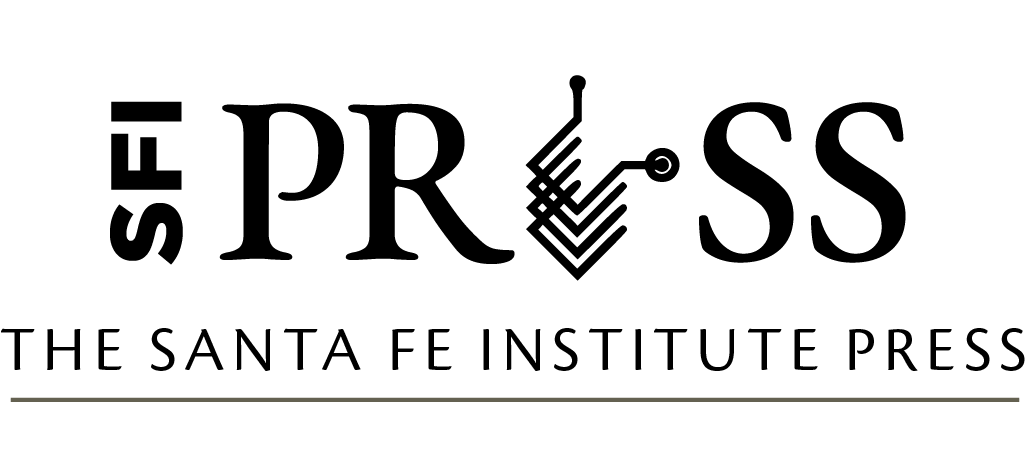History, Big History, & Metahistory
DOI: 10.37911/9781947864023.12
12. Can there be a Quantitative Theory for the History of Life & Society?
Author: Geoffrey B. West, Santa Fe Institute
Excerpt
Might there be universal laws of society analogous to those of physics and of life? This question can be addressed by identifying coarse-grained, quantitative variables for human phenomena, and placing these within a proven mathematical framework. It is assumed frequently that human intention, coupled to the purposeful human modification of the environment, renders humanity immune to this kind of atemporal, scientific analysis. On the other hand, human collectives struggle with the same basic energetic and informational needs and constraints that we observe at multiple scales of physical and biological organization. These general requirement for life, give us the confidence to attempt to include elements of human history within the framework of a quantitative, natural scientific theory.
To what extent, if any, can History be viewed as a Science? Needless to say, this begs the two fundamental questions: what is History and what is Science? I have neither the qualifications nor expertise to address the first, and, although I have been a practicing “scientist” for more than 40 years, do not feel entirely secure in addressing the second! Nevertheless, having spent much of my career in the field of high energy physics at several distinguished institutions, and now having spent a couple of extraordinary years at the Santa Fe Institute, I have learnt that such inhibitions should not stop one from expressing an opinion. I recognize that I am on dangerous territory here but would like to make some potentially provocative remarks related to these questions.
History is surely more than “just” a record or accounting of a sequence of events deemed of importance to the human experience. Time and sequential relationships play a special role, and presumably the search for a framework for revealing mechanisms and understanding is an integral part of the historical process. To this extent, history can be loosely conceived of as a science. Science implies a search for patterns and regularities that can be assembled into a rational, analytic framework based on a few “fundamental” principles that will ultimately lead to predictions that can be tested against existing data, and more importantly, against new situations typically in the form of proposed experiments. Parsimony of explanation and its relationship to elegance also play a role in what we accept as constituting a deep understanding of a problem. This is hardly the view most of us have of history, although we continually hear the phrase “history teaches us that . . .” as if history were, in some sense, a “science.” Although there are presumably patterns in history, almost everything of importance is often viewed as special and dependent upon “accidental” events. History appears to be extraordinarily complex, diverse, contingent and devoid of universals and invariance—or is it? The greatest successes in science have been in areas that are relatively simple, show regularities, patterns, and “universal” behavior and are amenable to logical analyses. Is it at all conceivable that there are significant aspects of history that can be put into such a “scientific” framework?
